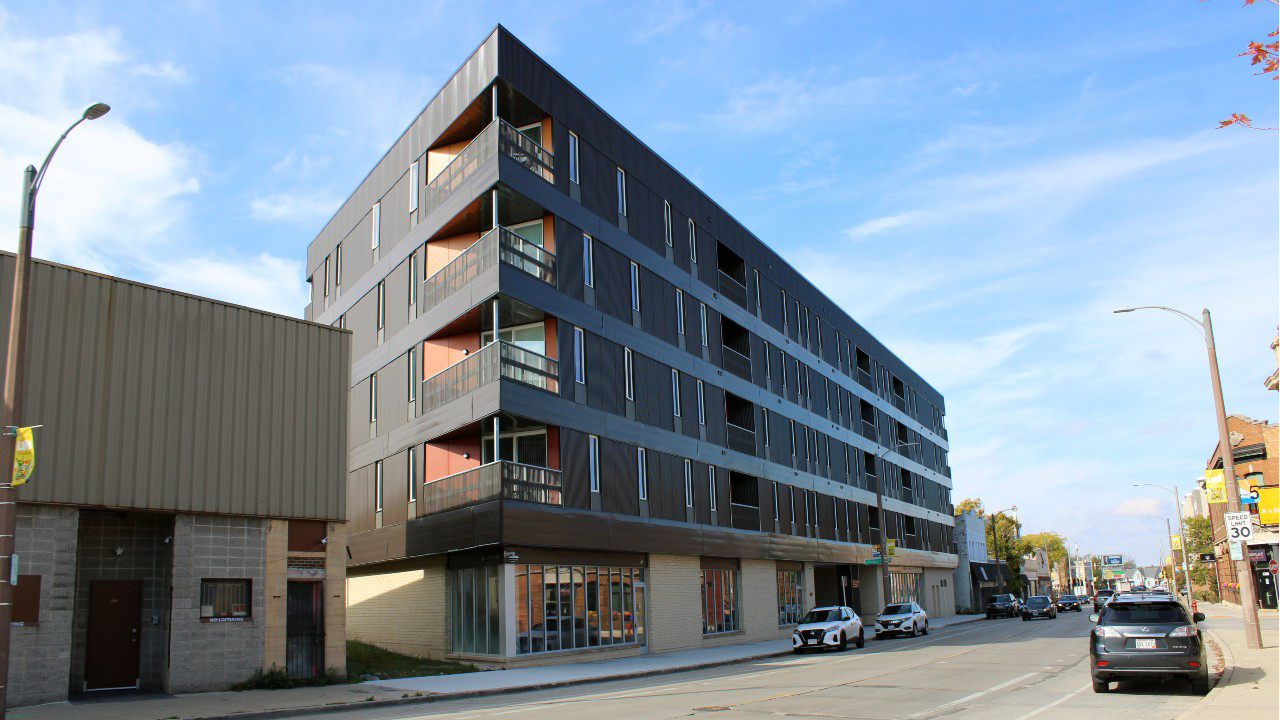M
innesota's housing market is in a state of crisis, with a severe shortage of available units driving up costs and making it increasingly difficult for renters to find affordable options. The situation has become so dire that even those earning a relatively high income are struggling to make ends meet.
According to data from HousingLink, a Minnesota-based housing search tool, individuals making $87,000 per year could only afford about one-third of the available housing in Minneapolis. This is particularly concerning given that the average annual salary for an entry-level position in Minneapolis is around $67,000.
To navigate this challenging market, renters must be flexible and willing to think outside the box. "Casting your net as wide as possible" is key, says Dan Hylton, research manager at HousingLink. This may involve exploring neighborhoods beyond the city center or considering older apartments that have been converted into multi-unit housing.
When searching for a new place to live, it's essential to set a realistic budget and prioritize needs over wants. Experts recommend spending no more than 30% of your gross monthly income on rent, but this percentage can vary depending on factors like location and lifestyle. To get a better sense of what you can afford, consider using budgeting tools or apps like YNAB (You Need a Budget) to track your expenses and identify areas where costs can be cut.
For those with lower incomes, exploring eligibility for Housing Choice Vouchers, also known as Section 8, may be an option. However, demand for these vouchers significantly outweighs supply, often resulting in long waiting lists that can last several years.
Once you've narrowed down your search and found a potential apartment, it's crucial to do your due diligence. Research the landlord and read reviews from previous tenants to get a sense of their reputation and management style. Be wary of offers that seem too good to be true, as scammers are becoming increasingly sophisticated.
When signing a lease, make sure to protect yourself from future rent increases by including language in the agreement that prohibits raises during the term. Keeping open communication with your landlord can also help prevent disputes down the line. As Oliver Lerner, a local landlord and founder of Shuk, notes, "Landlords aren't robots; we want to provide housing and do a good job."
In Minnesota, there is no state law limiting rent increases, but some cities like St. Paul have implemented measures to regulate price hikes. If you're experiencing issues with your landlord, consult your rights as a tenant and consider seeking advice from local advocacy groups or attorneys specializing in housing law.














